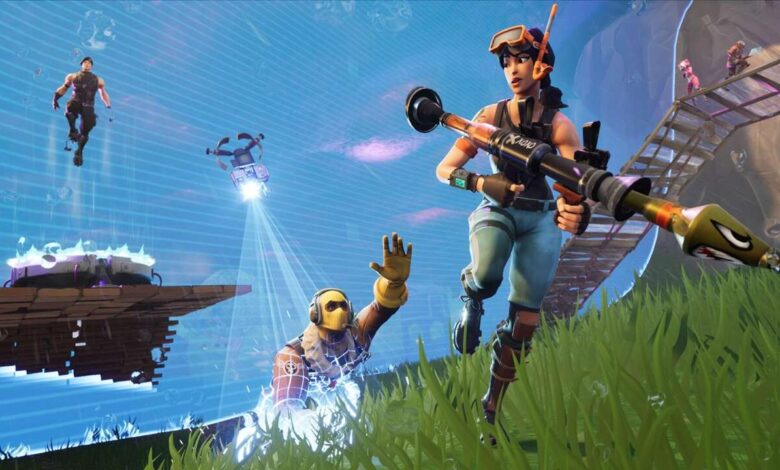When Should a Video Game Be Considered Dead?

▼ Summary
– Ubisoft’s CEO stated that online games are not eternal and support will eventually end, sparking debate about game preservation and consumer rights.
– The “Stop Killing Games” movement protests the shutdown of online games like Ubisoft’s The Crew, pushing for accountability from publishers.
– Many live-service games fail to become long-term successes, despite developers’ hopes of creating the next “forever game” like Fortnite or Destiny 2.
– Nintendo’s approach with Splatoon 3—setting a clear two-year content timeline—shows how transparency can manage player expectations and enhance engagement.
– The industry faces challenges in balancing consumer demands for endless content with the reality of finite support, requiring better end-of-life solutions like offline modes.
The lifespan of online video games has become a hot-button issue, with publishers and players locked in a debate about when, and how, a title should be allowed to fade away. Ubisoft CEO Yves Guillemot recently highlighted this tension during a shareholders meeting, bluntly stating that no game service lasts forever. His comments came amid growing backlash from the “Stop Killing Games” movement, which protests the abrupt shutdown of online titles like The Crew.
Guillemot’s stance might sound cold, but it reflects an uncomfortable truth: live-service games have expiration dates, whether players like it or not. Studios rarely discuss this reality upfront, preferring to market their titles as ever-evolving experiences. Yet history shows that most online games don’t achieve Fortnite-level longevity. Instead, they face dwindling player counts, shrinking revenue, and eventual termination, often with little warning.
Take XDefiant, Ubisoft’s failed attempt to carve out space in the competitive shooter market. Despite initial hype, the game shuttered within months, joining a graveyard of would-be “forever games.” Meanwhile, titles like Fortnite and Destiny 2 continue to dominate, raising questions about how long even these giants can sustain themselves. Will we still be grinding Fortnite battles in 2040? Probably not.
Nintendo took an unusual approach with Splatoon 3, announcing a clear two-year roadmap for updates upfront. This transparency allowed players to enjoy the game without false expectations of infinite support. While some initially balked at the idea of a predetermined end date, the strategy fostered appreciation for the time given, proving that honesty can soften the blow of a game’s eventual decline.
Contrast this with Mortal Kombat 1, which faced fan fury when its “Definitive Edition” signaled an earlier-than-expected end to major updates. The backlash wasn’t just about the content itself but the mismatch between developer promises and player expectations. When studios aren’t upfront about a game’s lifespan, disappointment is inevitable.
The bigger ethical dilemma arises when games vanish entirely. The Crew’s shutdown didn’t just end updates, it erased access for all players, sparking debates about digital ownership and preservation. Solutions like offline modes (Suicide Squad: Kill the Justice League) or private server support (Knockout City) exist, but they require effort studios often deem unprofitable.
The industry must confront its addiction to endless content cycles. Players have been conditioned to equate a lack of updates with failure, while developers strain under unsustainable live-service demands. Maybe it’s time to normalize finite experiences, games with clear, satisfying conclusions rather than perpetual grind. After all, if Fortnite can’t last forever, what hope do smaller titles have? The clock is ticking, and the conversation about graceful endings can’t wait.
(Source: GAMESPOT)





